Be Your Whole Self at MIT
Take the Online TOUR de SHASS
Explore MIT's Humanities, Arts, and Social Science fields.
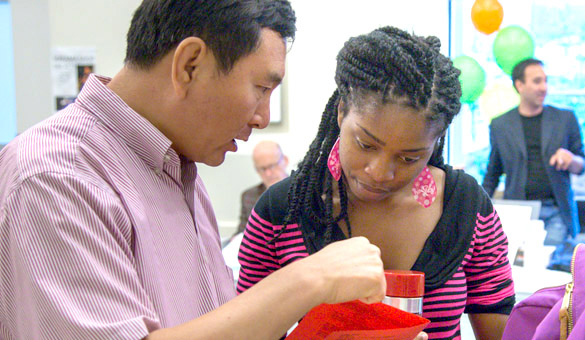
Acronyms 101
HASS is MIT's acronym for the Humanities, Arts, and Social Science fields, most of which are located in MIT SHASS, the MIT School of the Humanities, Arts, and Social Sciences.
The Power Skills
100% of MIT undergraduates study the humanistic fields: the humanities, arts, and social sciences.
All MIT's HASS classes are designed to empower our students to succeed — to serve the world well, with innovations and lives that are rich in meaning and wisdom. In HASS studies and explorations, MIT students gain critical thinking and communication skills, creativity, cultural and historical perspectives, fluent language abilities, and knowledge about economic and political forces.
As MIT EECS Professor Anant Argawal, CEO of edX, says: these capacities are hard-won, rigorously maintained power skills, vital for innovation and success. All MIT HASS classes empower professional success, whatever one's major field, and open windows onto a lifetime of creativity and growth.
Click on the photographs below for a virtual tour through MIT's HASS fields to discover which are the most meaningful for your goals.
Take the tour by clicking on the photographs.
|
|
|
 |
Anthropology | Course 21A
anthropology.mit.edu
|
 |
Comparative Media Studies/Writing | Course CMS/21W
cmsw.mit.edu
|
 |
Economics | Course 14
|
 |
Global Languages | Course 21G
languages.mit.edu |
 |
History | Course 21H
history.mit.edu |
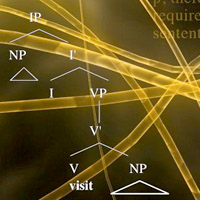 |
Linguistics | Course 24
linguistics.mit.edu |
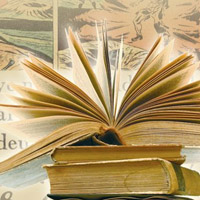 |
Literature | Course 21L
lit.mit.edu |
 |
Music | Course 21M
mta.mit.edu/music |
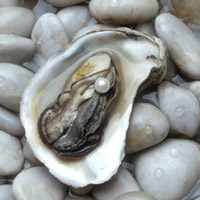 |
Philosophy | Course 24
philosophy.mit.edu |
 |
Political Science | Course 17
polisci.mit.edu |
 |
Science, Technology, and Society | Course STS
sts-program.mit.edu |
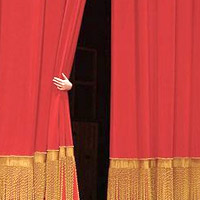 |
Theater Arts | Course 21M
mta.mit.edu/theater-arts |
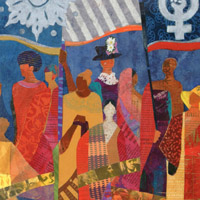 |
Women’s and Gender Studies | Course WGS
wgs.mit.edu |
Be Your Whole Self at MIT.
Explore a HASS minor in one of 30 fields.
In addition to the MIT HASS requirement, many students pursue a major and/or a minor in the HASS fields, exploring interests that support, balance, or expand studies in MIT's STEM fields. All MIT HASS classes empower professional success, whatever one's major field, and open windows onto a lifetime of creativity and growth.
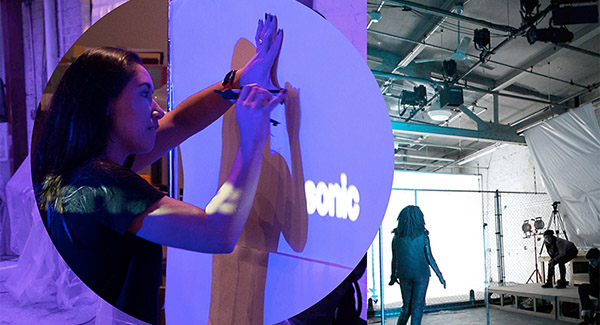
“We’re all searching for ways to develop all the aspects of our creative and intellectual identity.”— Natalia Guerrero S.B. ’14
Minors at MIT are a great way to dig deeper into a field that you've always wanted to explore; or that combines well with and amplifies your major field; or that enables you to develop a creative talent; or gain knowledge and skill in a fascinating field that is important in a different way than your major field.
Each year hundreds of MIT undergraduates decide to minor in one or more of MIT's humanities, arts, and social science disciplines, choosing from 30 fields. Keep in mind that you can share up to 5 subjects in a HASS Minor with the HASS GIR Requirement. Therefore, you could only need one extra subject to create a HASS Minor. A full Minor is very accessible!